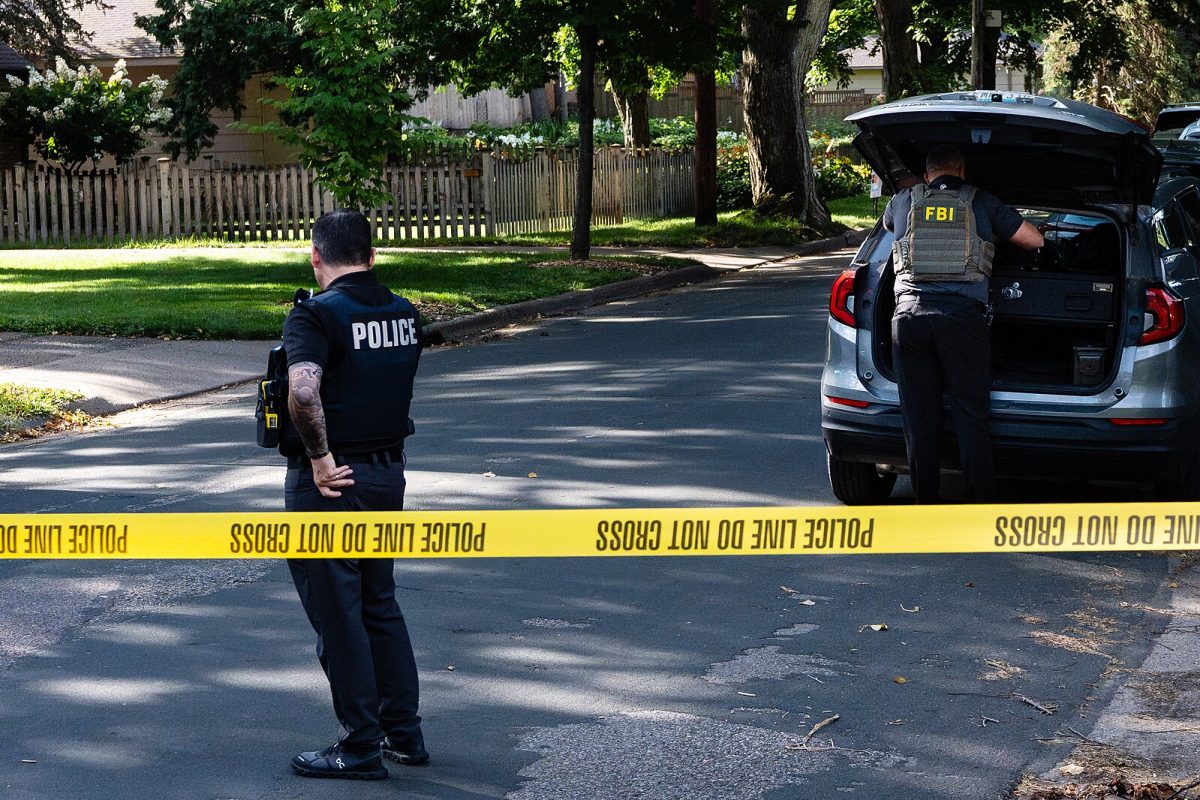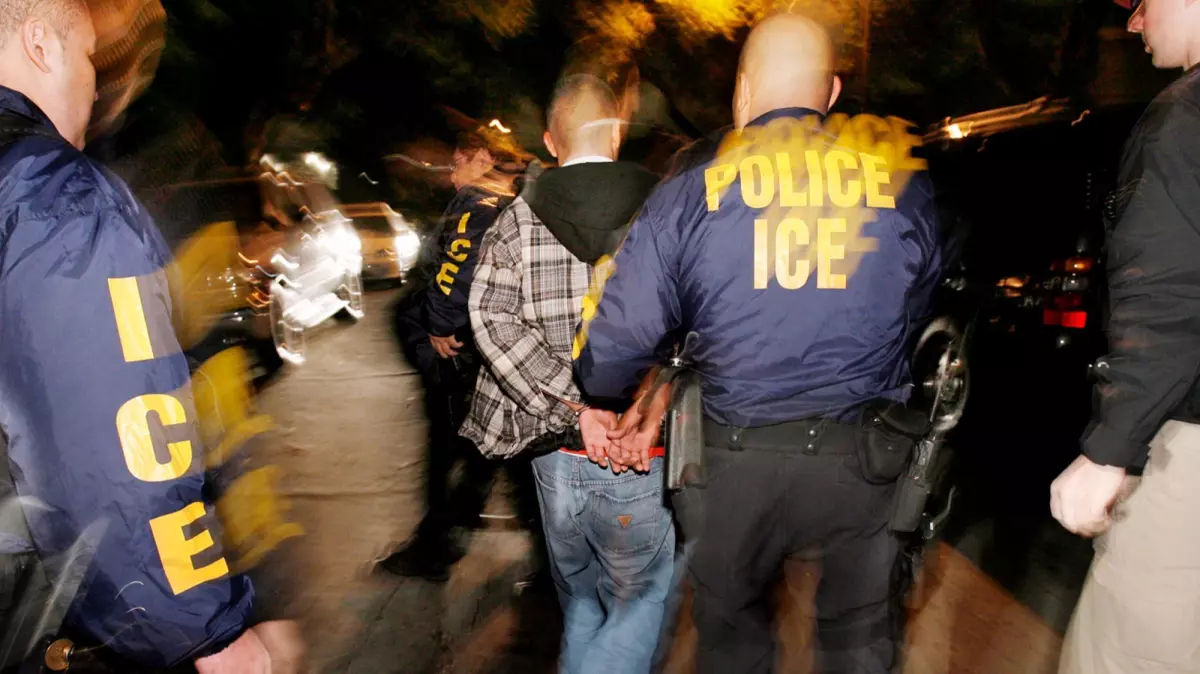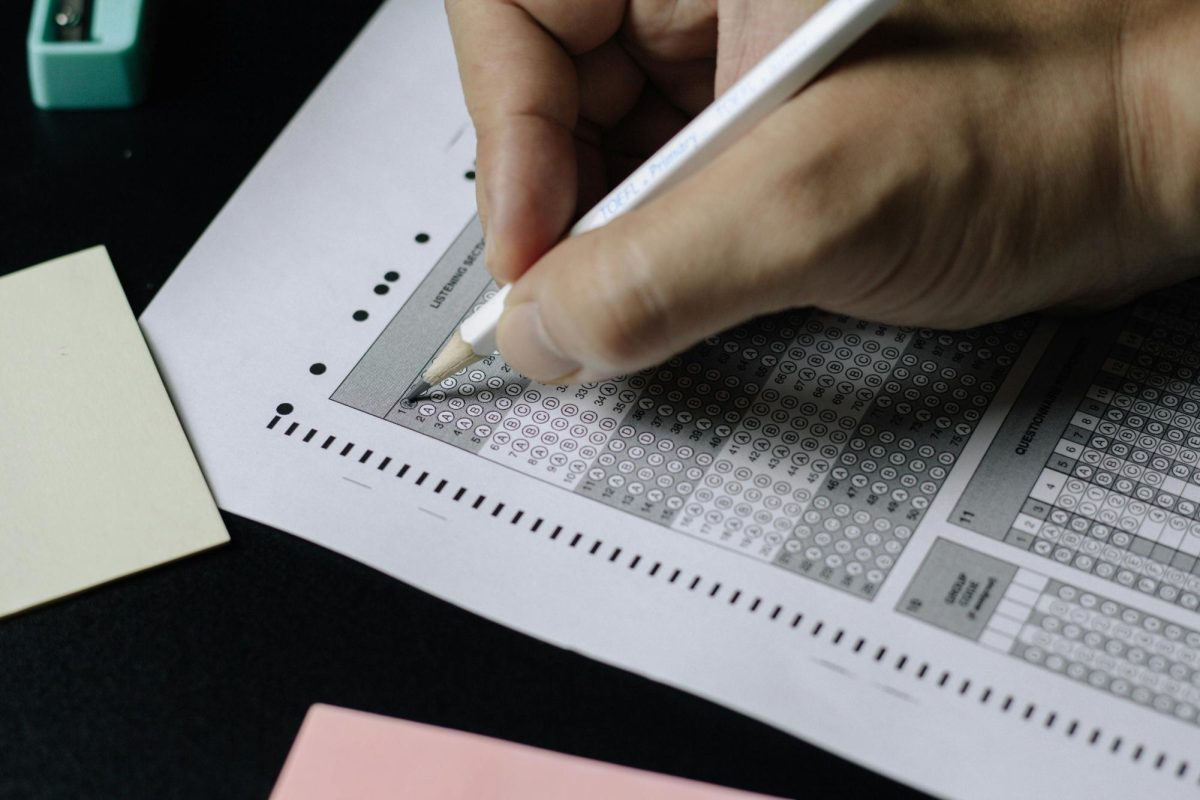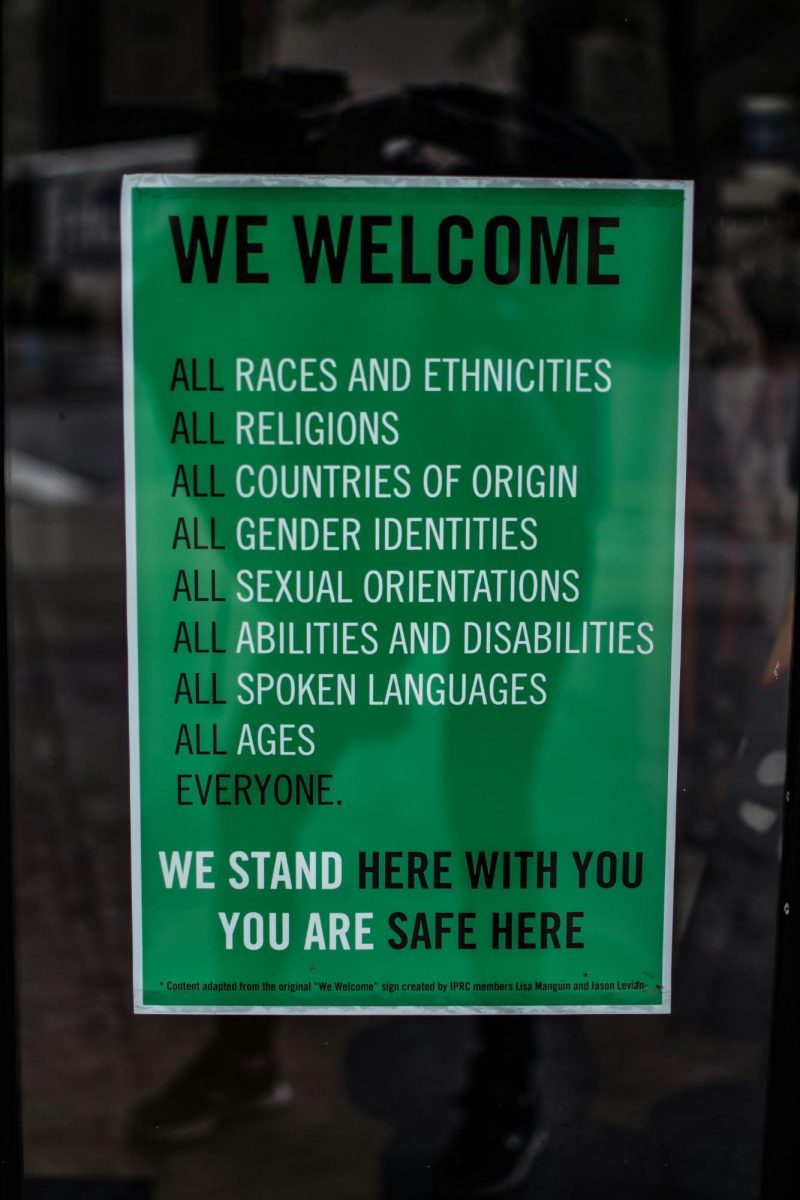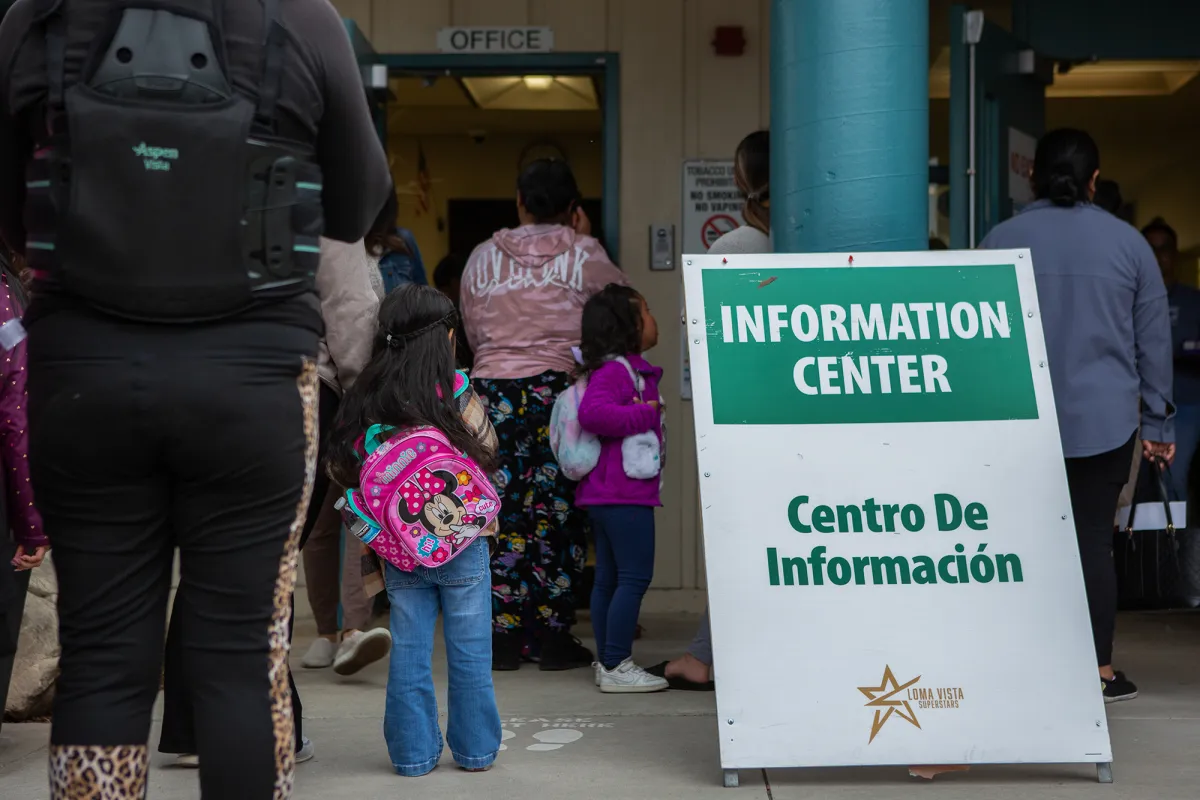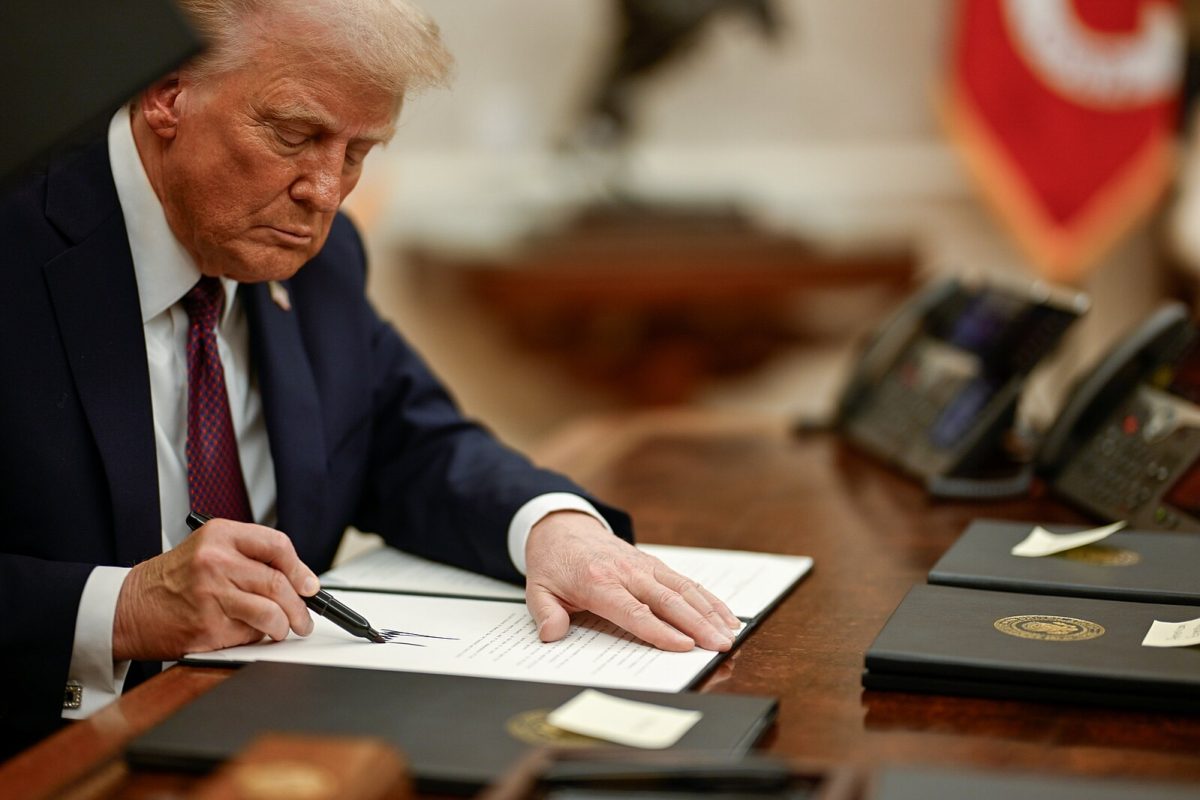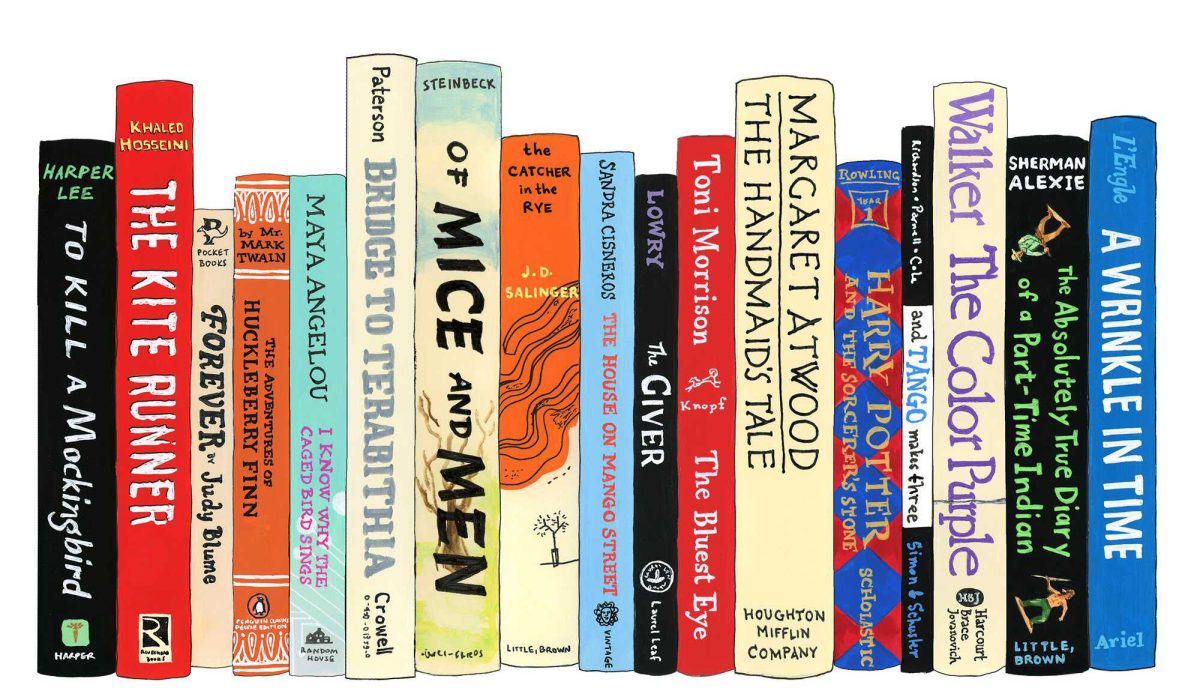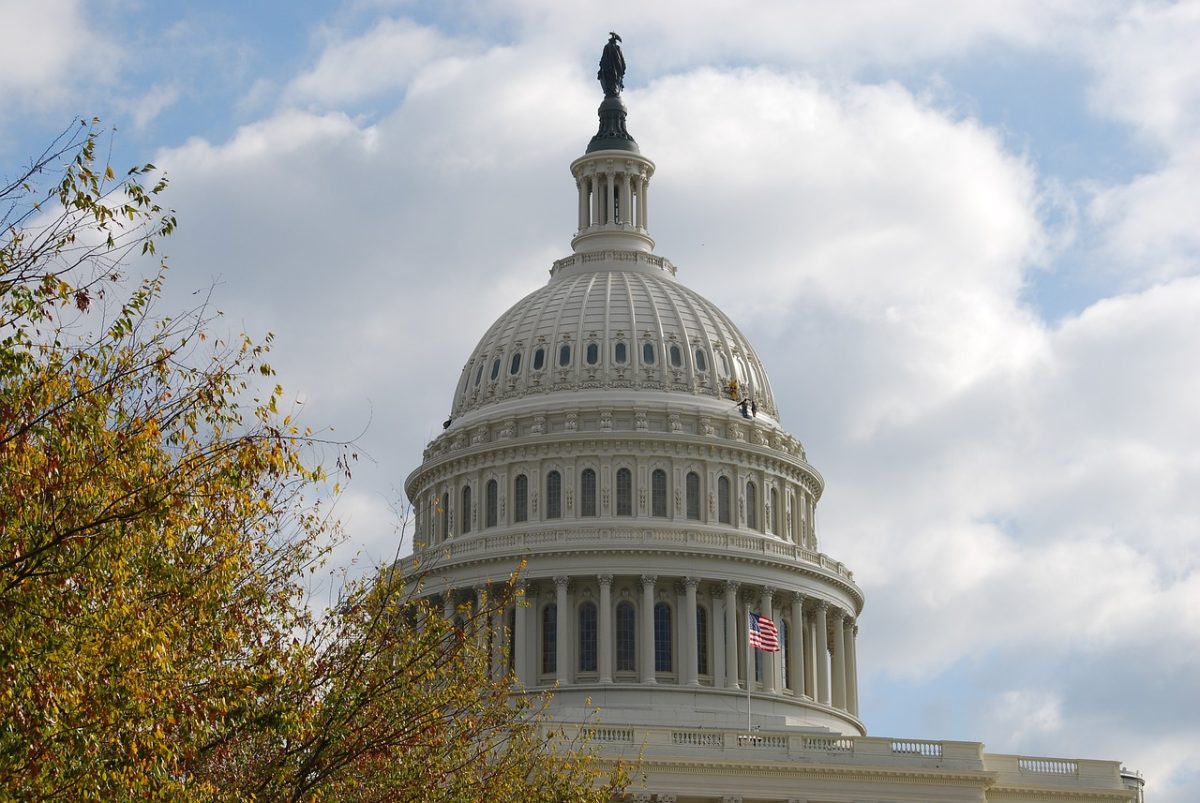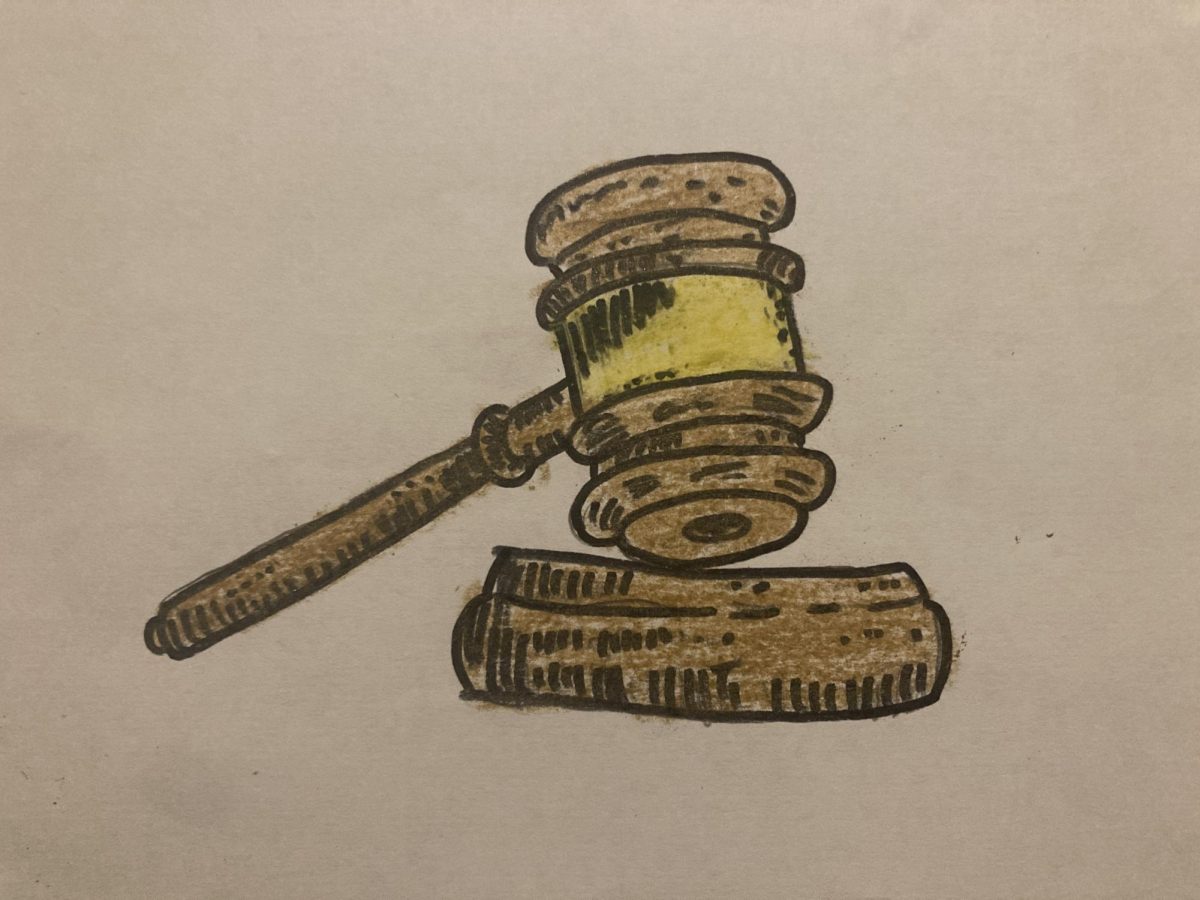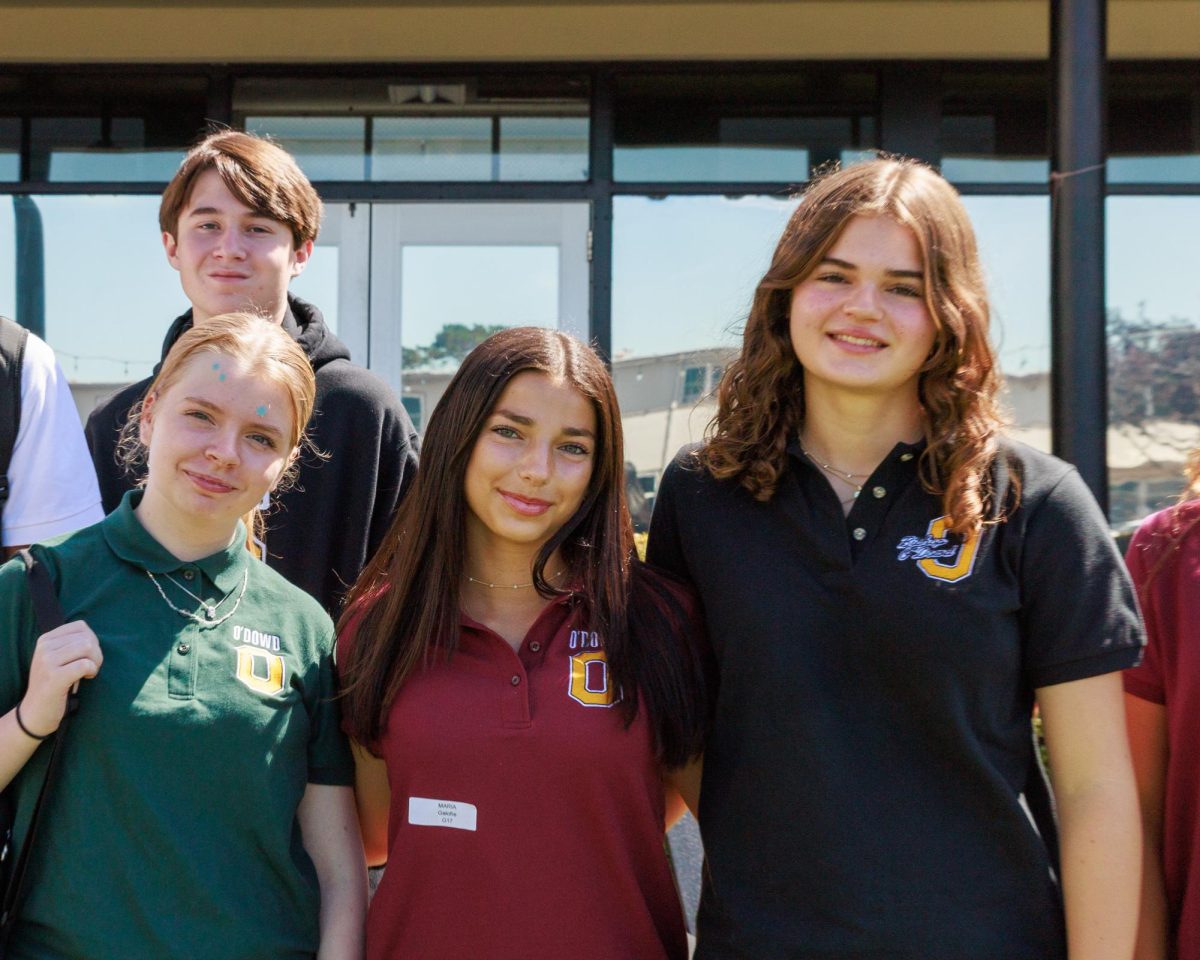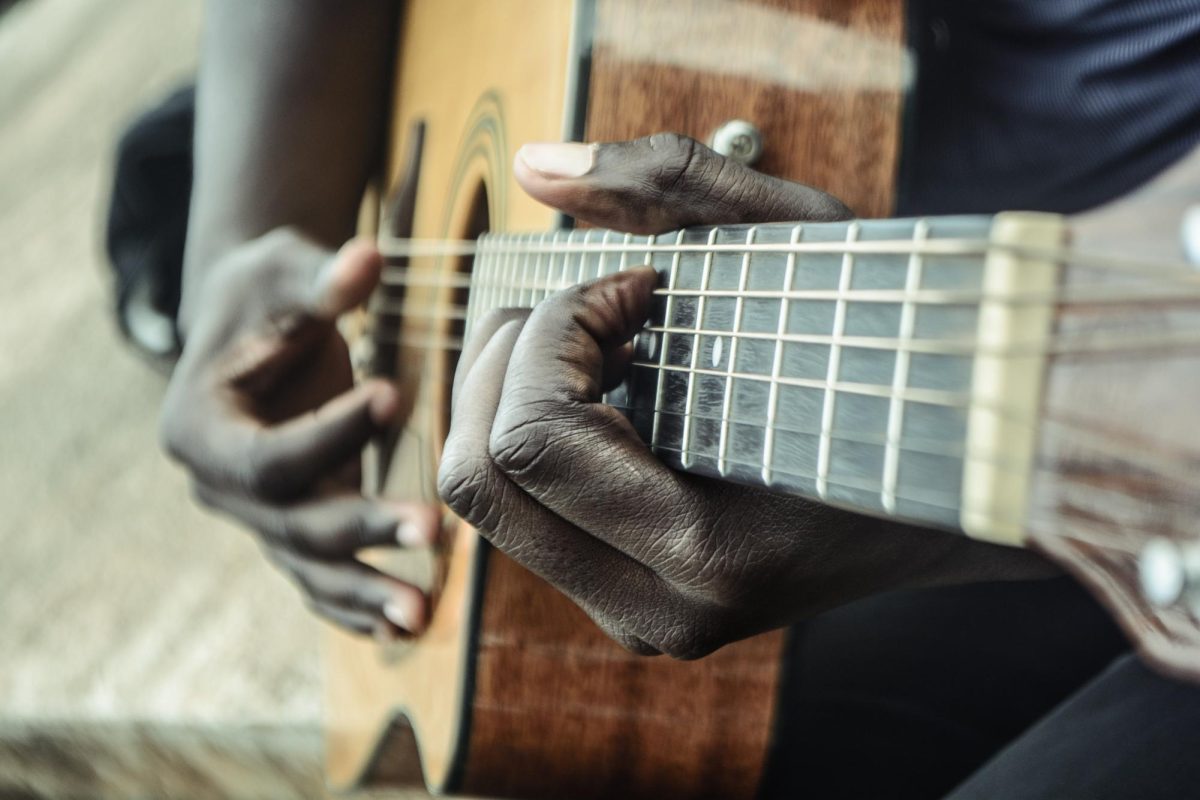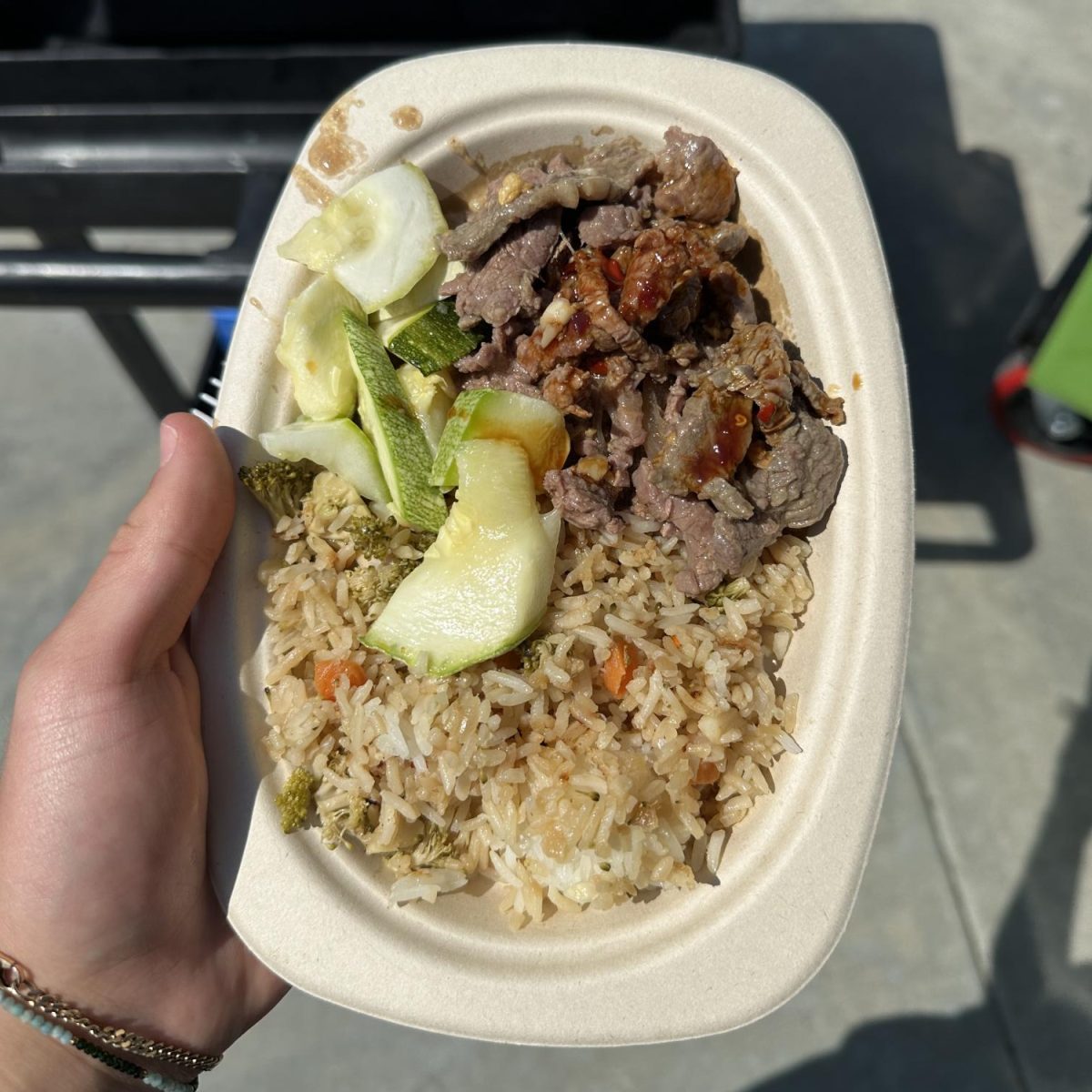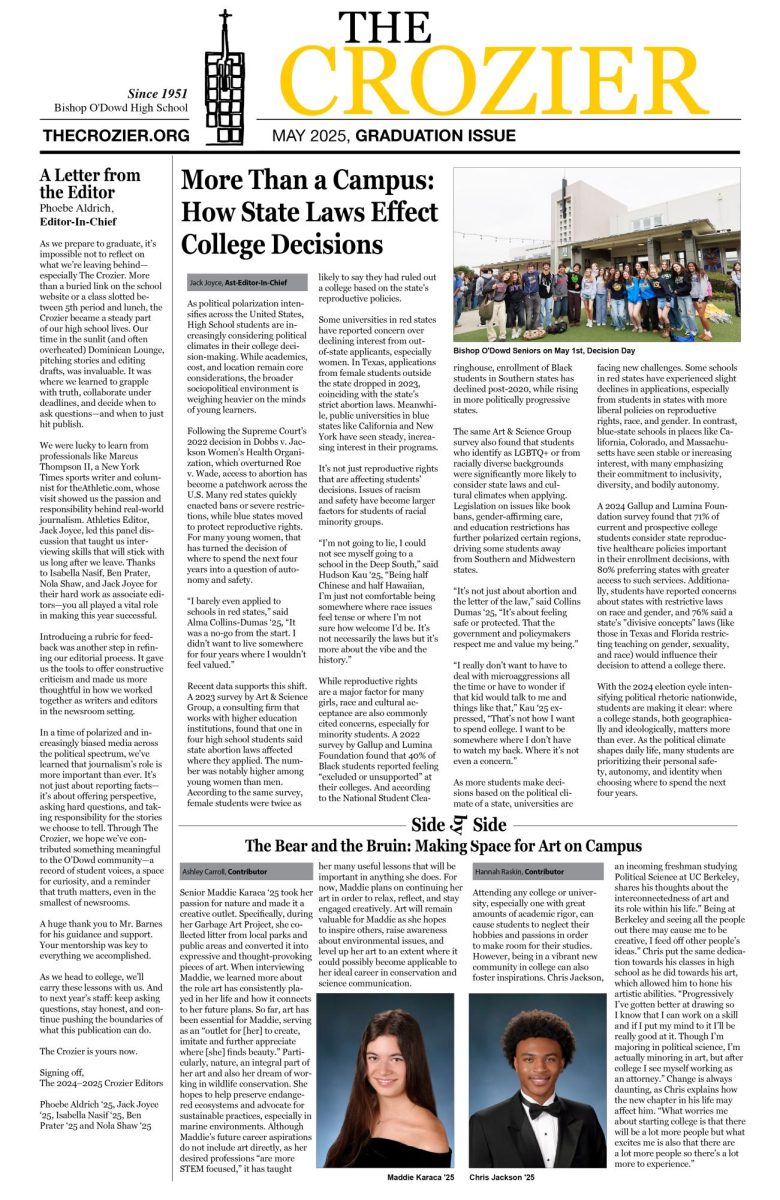Lately, every time I read the news, each headline is yet again another tragedy of gun violence. The recent fatal shooting of Charlie Kirk at Utah Valley University began a heated debate among many Americans and dominated headlines. Meanwhile, school shootings in Colorado and Utah, and even a church service shooting in Minnesota add to this shocking pattern.These events are terrifying. Because of their brutality, and also because they suggest something more dangerous that is happening in our country. Our empathy is being warped, and our sense of what deserves attention needs to be reassessed.
Yes, the murder of Charlie Kirk is serious. He was a public figure killed in an act of political violence, which should never be normalized. But his death should not overshadow all the other lives shattered in similar or worse tragedies. The children in schools, the worshippers in churches, all the innocent families killed across seas deserve fair coverage.
Although I am not a follower of Charlie Kirk, my point is not to judge his voice. It’s to show how our society seems to spotlight certain deaths over others. The death of a controversial, hateful figure often gets mass media coverage and social media discourse. But what about the ones who hardly make headlines? Their lives are no less valuable and their deaths are no less worthy of outrage.
Students on our own campus have noticed this imbalance. Allegra Buczaczer ‘26 states, “There are school shootings every other week that are barely talked about in school, and no one posts about it or acts super performative. But the second that someone gets shot who has a big influence, it’s all everyone talks about”. Allegra’s point highlights how our culture tends to amplify the deaths of powerful figures while treating repeated tragedies as everyday normalities, neglecting their need for attention.
Polarization also plays a role in this pattern. We as a country are so divided that nearly everything becomes a political conflict. Lives seem to have value based on which political team they support, or which ideology they represent, which is dangerous. This division creates arguments that once again take away from what we should be paying attention to. As one of our Spanish teachers, Mr. Ramirez, put it, “A death like Mr. Kirk’s is very much distracting and scheduled. It was pre-mediated and is something that stirs up a lot of dilemmas for one community and ignores the needs of another community”. His sentiment points out how focusing on high-profile deaths draws attention away from urgent issues like gun safety, which continue to keep innocent lives at risk.
We need to reexamine what we expect from our news, our media, and ourselves. We should not privilege one death over another based on political outrage. If you feel empathy towards a white supremacist dying, then you should also feel empathy towards the thousands of children dying in Gaza, victims of school shootings, and all forms of gun and political violence.
If we truly believe in justice and equality, then we must let innocent lives matter enough to make the headlines. Otherwise, we risk letting stories that divide us distract us from the suffering we should be united in stopping.

